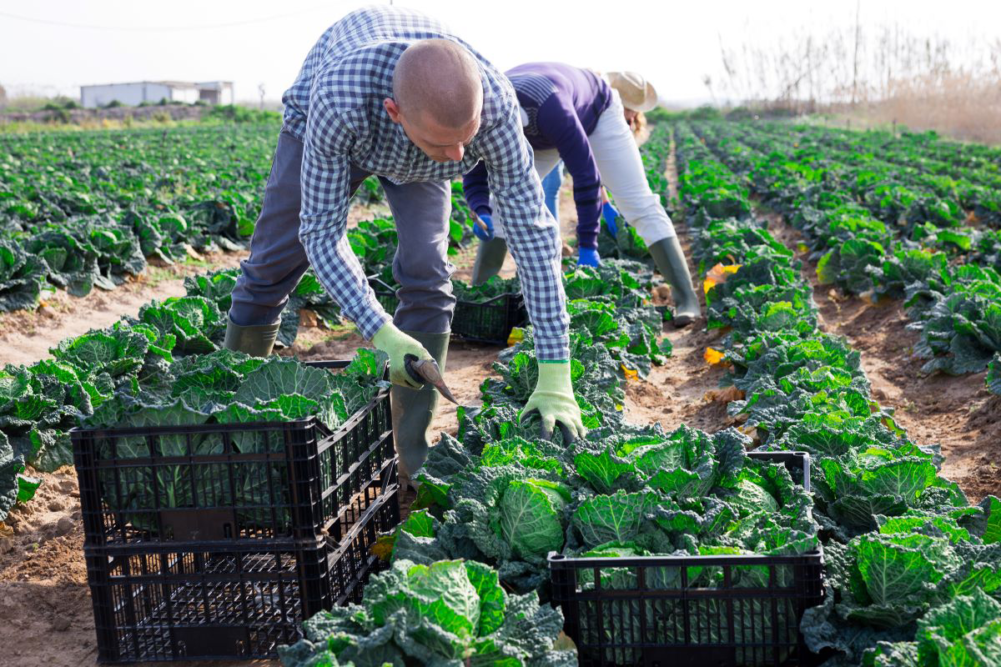WASHINGTON — Cargill is funding a $3 million multi-year project dedicated to increasing access to food that will be administered by HarvestPlus, a global nutrition and public health organization. Titled the NutriHarvest project, the 36-month-long initiative plans to impact over 119,000 farmers across India, Kenya, Tanzania and Guatemala by delivering more than 17 million nutritious meals.
Cargill said approximately 2 billion people suffer from micronutrient deficiencies, which can lead to serious health conditions, such as stunting, night blindness, impaired brain development, weakened immunity and even death. These deficiencies are often caused by diets heavily reliant on staple crops that lack essential micronutrients, the company added.
Through NutriHarvest, Cargill and HarvestPlus hope to meet this need by promoting the production and consumption of nutrient-rich foods like biofortified staple crops, opportunity nutrient-dense crops and animal-sourced foods.
The project is aligned with the global movement Vision for Adapted Crops and Soils (VACS), which seeks to build a resilient food system grounded in diverse, nutritious and climate-adapted crops grown in healthy soils.
The focus of the NutriHarvest is founded in three key areas:
- VACS – This component is dedicated to increasing the production and consumption of opportunity crops that are both nutritious and climate-resilient. In Kenya and Tanzania, NutriHarvest will partner with seed companies and farmers to boost the production and cultivation of legumes and vitamin A sweet potatoes, to build a more resilient and diverse food system.
- Home Grown School Feeding – By integrating nutrient-dense crops into local school feeding programs, NutriHarvest aims to improve dietary diversity for children. The project will support the production and distribution of biofortified seeds to farming households and will link the nutritious grain produced to school feeding programs through school gardens, contracts with farmers and millers, food banks serving schools, and partnerships with local enterprises. This will lead to a sustainable increase in the availability of vitamin A maize and iron beans in Kenya and Tanzania, iron pearl millet and zinc wheat in India, and zinc maize and iron beans in Guatemala.
- Hatching Hope – In India, NutriHarvest will help enhance the capacity of poultry farmers through the Hatching Hope initiative, which was launched in 2018 by Cargill with founding partner Heifer International. The project will provide training and support farmers, especially women, for adoption of better and more sustainable poultry farming practices to improve their household and drive local economic impact.
“As a connector of the global food system, Cargill is uniquely positioned to address the most pressing challenges and help improve food security,” said Pilar Cruz, chief sustainability officer at Cargill. “Through our work with the NutriHarvest project and VACS, we are deepening our commitment to increasing food access and building long-term resiliency in communities, by that improving nutrition and farmer livelihoods.”


